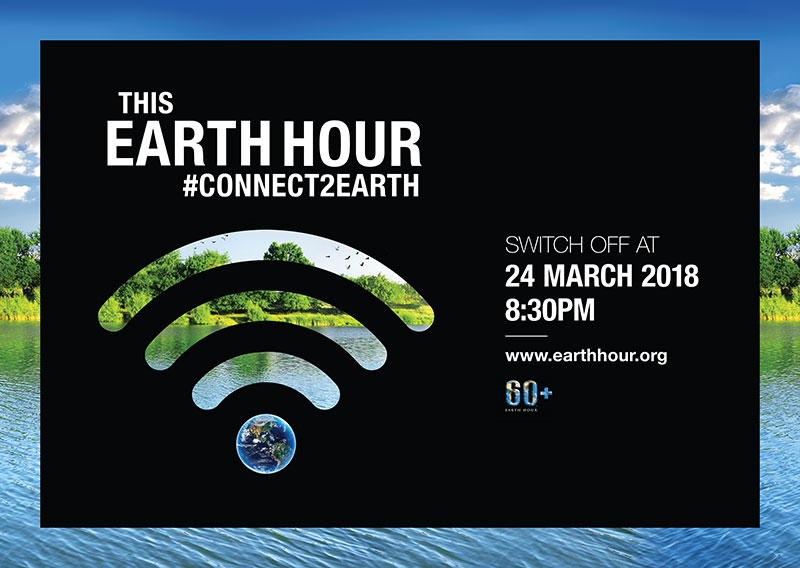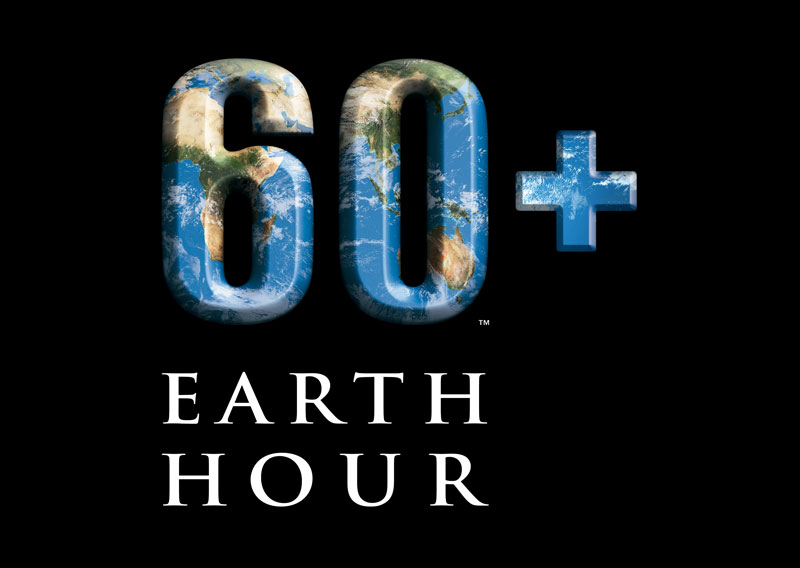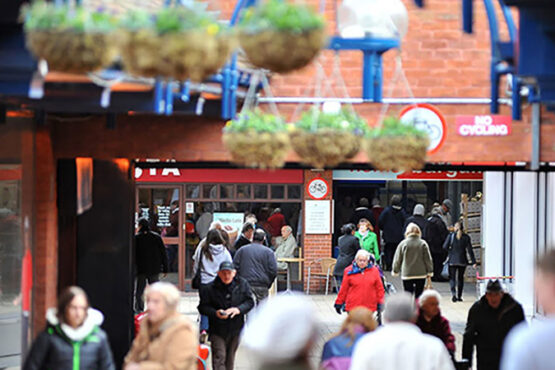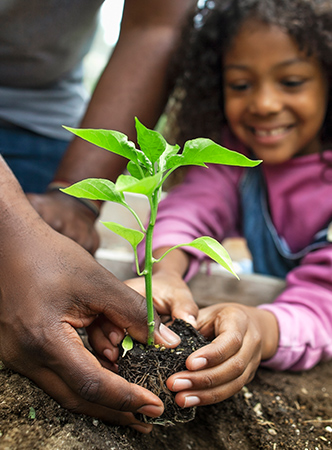Earth Hour
21st March 2018
On Saturday 24th March 2018 at 8.30pm Garden Square will join in the World Wildlife Fund’s Earth Hour.
Millions of people around the world will switch off their lights for one hour to show their commitment to conservation of the planet.

WWF’s Landmark Movement
Earth Hour, WWF’s landmark movement, started as a symbolic ‘lights out event’ in Sydney in 2007, Earth Hour is now celebrated in more than 180 countries and territories as a global moment of solidarity for the planet.
In the past decade, Earth Hour has inspired millions to support and participate in critical climate and conservation projects led by WWF and many others, helping drive climate policy, awareness and action.
Among its highlights, the movement has helped in the creation of a 3.4 million hectare marine-protected area in Argentina, a 2,700-hectare Earth Hour forest in Uganda and helped pass new legislation for the protection of seas and forests in Russia.
Online, #EarthHour and related terms last year generated over 3.5 billion impressions in the run up to Earth Hour, trending in at least 30 countries worldwide on the night.
The movement has been a game-changer for popularising climate and environmental action across the globe. As global biodiversity declines at an unprecedented rate, Earth Hour is focussing its efforts on galvanizing mainstream support for action on biodiversity and nature.

Environmental Issues
In 2018, our planet faces the dual challenge of climate change and plummeting biodiversity. With this in mind, Earth Hour aims to mobilise individuals, businesses and governments to be a part of the conversation and solutions needed to build a healthy, sustainable future – and World – for all.
WWF and Earth Hour teams around the world will be using the movement to highlight the environmental issues most relevant in their country or region.
In Colombia, people will call for the country to commit to zero deforestation by 2020. French Polynesia is expected to move to protect 5 million square kilometres of its seas to preserve ocean ecosystems.
In Guatemala, citizens will raise their voice on the importance of freshwater conservation and in India, people will pledge to shift toward sustainable lifestyles. In Nepal, WWF will mobilize public support for a clean, renewable energy future for all.
Starting today, supporters can visit connect2earth.org to share what biodiversity and nature means to them in the places they live and find out more about it.
Created in partnership with the secretariat of the United Nations Convention of Biological Diversity, the platform aims to build mass awareness on the values of biodiversity and nature by kick-starting global conversations on issues such as climate action, healthy oceans and sustainable business.
“Biodiversity and nature underpin our lives, our economies, our health, our well-being, our happiness. It is the foundation of our living planet. Today, as we push the planet and its natural systems to the edge, Earth Hour is our chance to use our power, as individuals and as a collective, to demand and take action to protect this web of life in return for all it gives us. For the benefit of all life on Earth and of our own future,” says Marco Lambertini, Director General, WWF International.
“Earth Hour is a testament to the power of a simple idea to inspire people to take action to protect the Earth. As we take an hour to reflect on the vital role that biodiversity and nature play in our lives, let this be the spark that galvanises action for transformation to a more sustainable future” says Cristiana Paşca Palmer, Executive Secretary of the Convention on Biological Diversity (CBD).
Garden Square
At Garden Square, we do all we can to minimise negative impacts on the environment. For example, none of the waste produced at the shopping centre is sent to landfill and waste that isn’t recycled directly is treated to convert it into energy; known as Refuse Derived Fuel.
The Refuse Derived Fuel process is viewed as being the most sustainable way to dispose of general waste material. At Transfer Stations, the material is shredded, baled and wrapped for energy to waste.
These bales are then delivered to an Energy from Waste facility where they’re converted into power. Typically, just seven tonnes of RDF will provide enough power for an average house for a year.
You can find out more about RDF via Biffa’s website.
Get Involved
Visit earthhour.org to know what’s happening in locations around the world for Earth Hour 2018 and read individuals’ stories about what they are doing for our planet.
For Earth Hour 2018, Garden Square will be switching off all non-essential lights at 8.30pm on Saturday 24th March for one hour.



